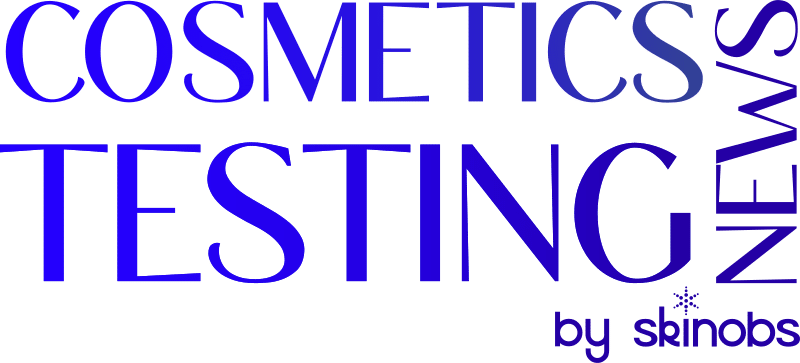Using advanced analysis techniques our biofilm testing services cover an extensive library of biofilm forming species, including clinical isolates, which can be screened for:
- Sessile minimum inhibitory concentration assays (SMIC) to measure inhibition or dispersal of the biofilm following treatment.
- Kill time for screening the efficacy of anti-microbial/anti infective compounds.
- Quantitative compositional analysis of both live and total numbers of each species within mixed species biofilm over time during treatment
- Established and Validated Biofilm Inhibition or Disruption Assay for Wound Dressings.
- High quality imaging of biofilms using scanning electron microscopy (SEM).
Our assays are based on a simple and reproducible 96-well plate-based method originally designed for the formation of fungal biofilms and it’s application to antifungal susceptibility testing.
BluTest’s high quality biofilm testing model allows clients to test the antimicrobial efficacy of their products against microbial biofilms using a validated high-throughput testing platform. The assays are highly flexible and can be adapted to support the growth of different biofilm-forming microorganisms on 24, 96 and 384 well plates. Cell viability after treatment with the desired anti-microbial is then measured using a reliable metabolic assay.
Commercial washes are more effective than azole antifungals against Candida albicans biofilms in vitro.
Biofilm formation by clinical isolates of Staphylococcus aureus.
WHY TEST AGAINST BIOFILM
- Up to 90% of bacteria exist as biofilms in nature and these can include combinations of bacteria, fungi and yeast. Biofilms provide protection through mutualistic relationships between species and a surrounding extracellular matrix which can make them difficult to inhibit or disperse in addition to being less susceptible to anti-microbial agents.
- The current standard testing methods of bactericidal and bacteriostatic actives use planktonic bacteria. However, biofilms have been repeatedly shown to be significantly more resistant to anti-microbial compounds compared to their planktonic counterparts. As a result such testing may misjudge the concentrations of active required to combat a biofilm.

